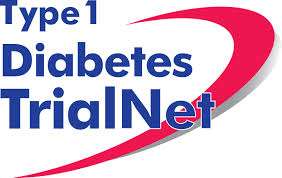On December 3rd last year, Emilia and I signed up for TrialNet, giving a small blood sample at the Bournemouth Diabetes and Endocrine Centre. We were quite nervous about the day and even more nervous about the result which we wouldn’t find out for ages.
It could take up to three months, it took almost that.
The results arrived yesterday by letter.
Both of us are negative; that’s a good thing.
Affecting the whole family
Only yesterday did I understand the full impact of the anticipation of the result.
Jane text me to let me know the letters had arrived so I’d already figured out that we’d both be negative, otherwise we’d have had a phone call to discuss the results. Arriving home I opened the letters to check and took Emilia’s result to show her, but I bumped into Amy first. Amy read the letter and the look of relief of her face surprised me, she was so relieved that her sister was in the clear for at least a while longer. I don’t know why I never realised how much this would affect Amy, I wish I had as we could have discussed her worries.
Emilia whilst pleased with the result said that it just meant she had a year of not worrying, that she’d have to go again in a year. Clearly no celebration as such, just a mild relief, but we discussed that she doesn’t have to go every year, unless she chooses to. I think she will.
What’s next in the trial?
As part of the trial they’d like to retest Emilia in December, one year after her last test.
For me it’s all over as in December I’ll be too old to take any further part in the trial.
Want to find out more about TrialNet
If you want to find out more about TrialNet visit the UK web site here.

